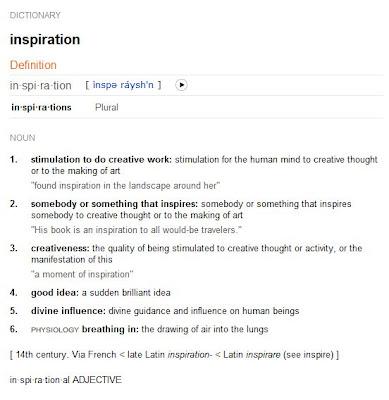Finding Traction

Image Source Page: http://www.oup.com/oxed/primary/storiesforwriting/what_it_includes/traction_man/ H ave you ever led an effort to launch a new initiative at your school only to see this idea slowly loose its traction towards implementation? In an effort to be thorough and prudent, you formed your committee of important stakeholders and set out to discuss and plan it implementation. As time goes on and discussions uncover new issues that need addressing, you begin to wonder if the idea is still worth the time and effort being put into it. The challenge with many ideas is not coming up with the idea, it is actually launching it. At some point, you either need to make it operational or scrap it for a new idea. There is a simple test I use to determine if the idea still has some merit. I look at a calendar and assign a launching date to put the idea into action. A real date. Not a reference to "soon." A day, month, and year. If I want to be real specific, I p



